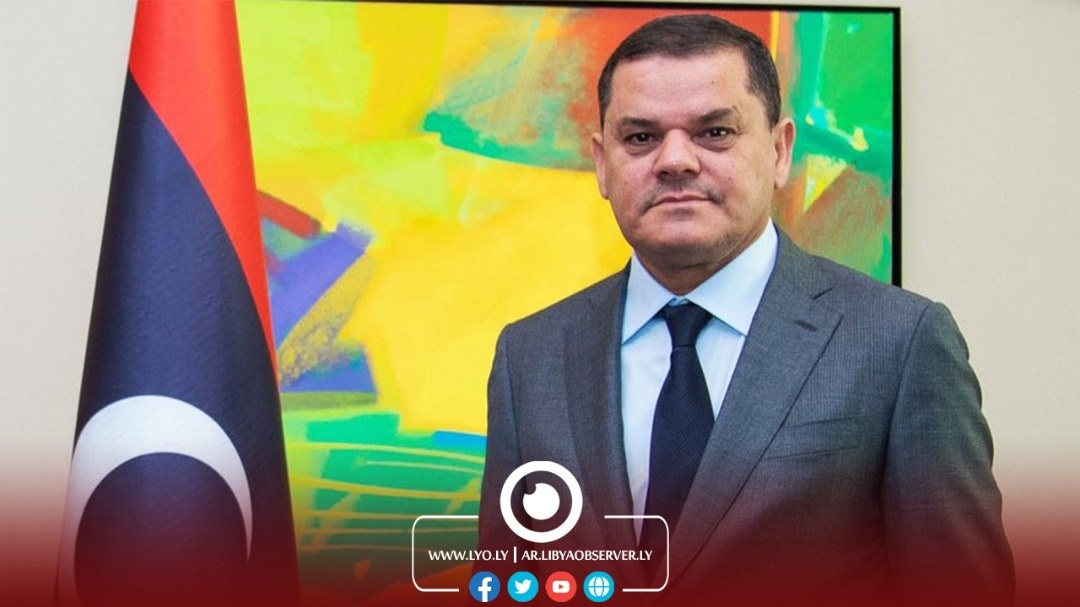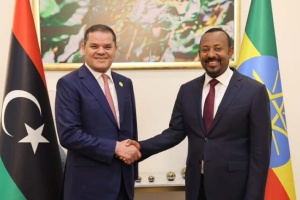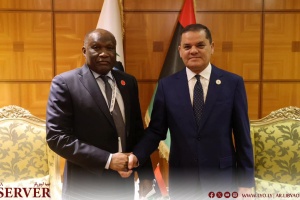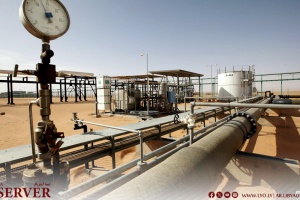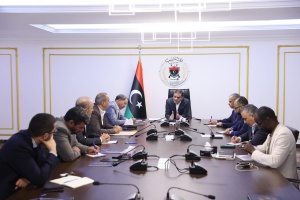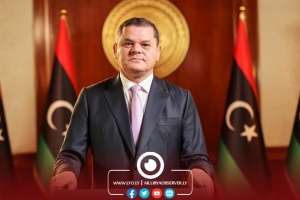The Libyan Prime Minister, Abdul Hamid Dbeibah, welcomed the Security Council’s decision to extend the mandate of the United Nations Support Mission in Libya for another year and open new horizons for cooperation to complete the steps of the roadmap to end the transitional stages and prepare for elections.
Speaking at a cabinet meeting in Gharyan city, Dbeibah explained that parallel spending exceeded 15 billion dinars and was not subject to any regulations, which contributed to the fluctuations of the foreign currency parallel market. He added that the "government’s doors are open to regulatory bodies to follow up on government spending on projects in different areas of the country."
Dbeibah has indicated that parallel spending is not concerned with public sectors' salaries and state financial budgets, noting that parallel spending encourages money laundering and smuggling operations as well as increases the demand for purchasing foreign currency from the black (parallel) market.
"The fuel subsidy numbers are frightening, and the electricity sector uses 60% of the fuel subsidy. 40 billion dinars are being spent as fuel subsidy for citizens.” He said, stressing his government’s commitment to the monetary policies of the Central Bank of Libya to preserve the value of the Libyan dinar and the balance of the Libyan economy.
The sudden increase in the exchange rate of the US dollar against the Libyan dinar raised public concerns and fears that this would impact the citizen’s costs of living, as this came in conjunction with the Central Bank's announcement of a deficit exceeding 11 billion dollars, indicating that foreign exchange revenues amounted during the past 10 months amounted to $19.7 billion, while total expenditures amounted to $30.6 billion.

